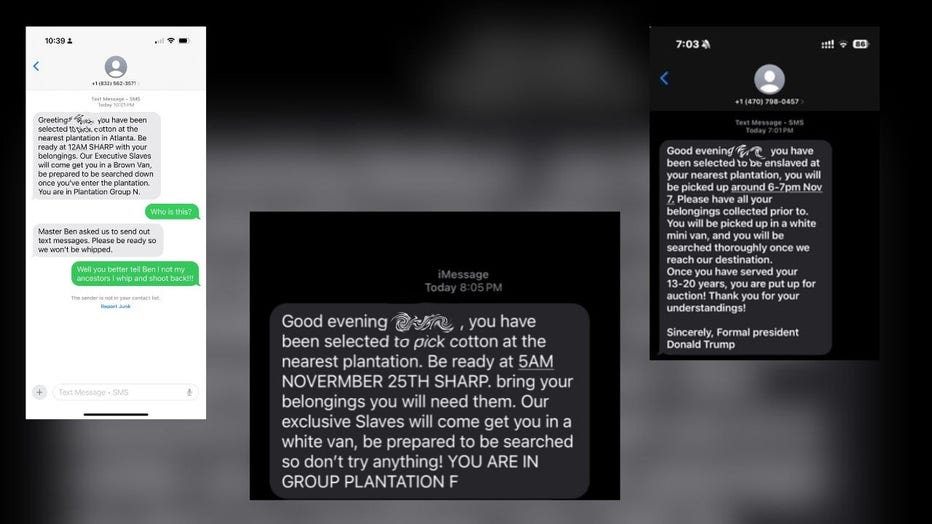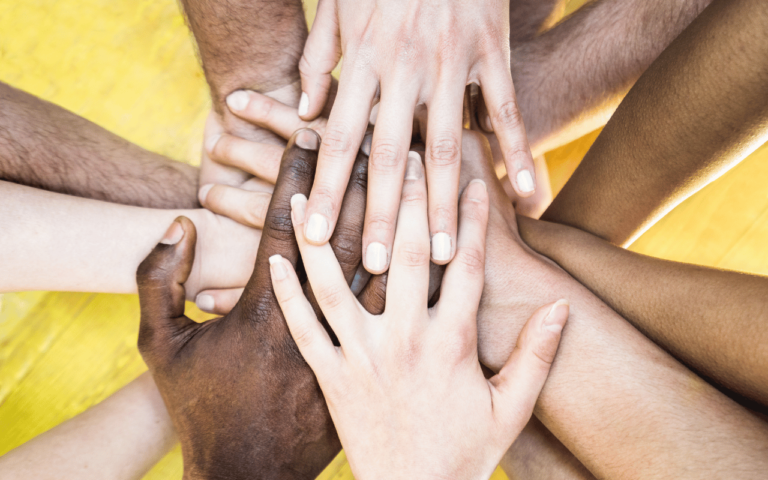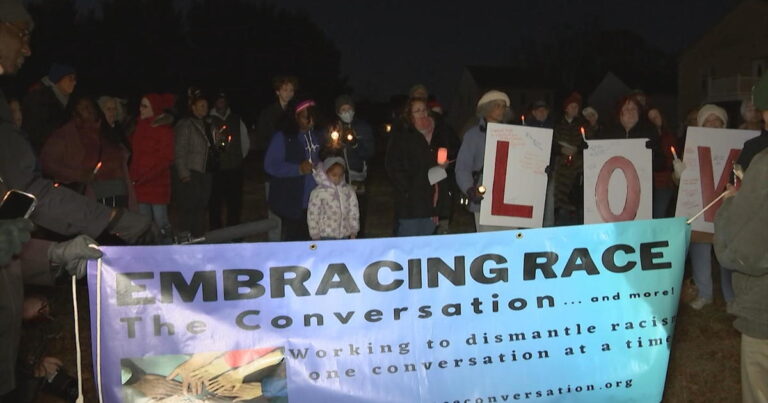Georgia Residents Face Disturbing Racist Messages Around Election Times
Alarming Racist Messages Disrupt Georgia Elections
When people think of the beautiful state of Georgia, they likely imagine charming streets, delicious southern cuisine, and welcoming communities. But beyond that picturesque façade lies a troubling issue that has surfaced before and after elections. Yes, I’m talking about the disturbing rise of racist messages that many residents have faced. As we dive into this topic, let’s unravel the layers of how these messages impact communities, especially around election times.
The Context of Racism in America
Racism in the United States isn’t a new phenomenon. For decades, black Americans and other people of color have experienced systematic oppression manifested through social, economic, and political spheres. It’s a shame that we still find ourselves grappling with it today—particularly during pivotal moments like elections.
Election season often operates as a glaring spotlight. It’s a time when motivations and biases, both conscious and unconscious, come bubbling to the surface. Candidates campaign and voters hone in on issues they care about—a perfect cocktail for division. The paradox of democracy is that while it should give everyone a voice, it can also amplify hate.
Disturbing Trends
In the lead-up to recent elections in Georgia, many residents took to social media to share their unsettling experiences. From spray-painted insults on walls to anonymous flyers littering neighborhoods, the messages were clear: racism still echoes loudly in our communities. And let’s not tiptoe around it—this isn’t just a random occurrence; it’s part of a more organized effort aimed at causing fear and division.
But why Georgia? As one of the states leading the charge in demographic changes and increased political engagement among people of color, the Peach State has become a battleground for both progressive and regressive movements. In a way, Georgia represents the future of America—its struggles and triumphs.
The Psychological Impact on Residents
Receiving or witnessing such hateful messages can have profound psychological effects. Imagine waking up to see your neighborhood messaging plastered with slurs or derogatory messages aimed at your community. It feels like a punch to the gut, right? That emotional weight can lead to anxiety, depression, or a feeling of isolation.
Furthermore, these messages aren’t just about discomfort; they can have a chilling effect. People might hesitate to express their political beliefs, engage in community activities, or even vote. It creates a climate of fear that stifles freedom of expression and contributes to a larger sense of disenfranchisement.
How Social Media Plays a Role
In this age of digital communication, social media has redefined how we communicate, but it’s a double-edged sword. On one hand, platforms like Twitter, Instagram, and Facebook serve as tools for activism and community organization. On the other hand, they’ve become channels for spreading hate and misinformation faster than ever.
Think about it: a single post featuring a racist flyer can reach thousands of people in seconds. Local communities often respond by rallying together online, sharing resources and information, but then that hate can ripple outward, becoming a viral trend both online and in real life.
Community Responses
So, how are Georgia communities fighting back?
-
Grassroots Movements: Community organizers and activists are stepping up, holding town halls and discussions that address these issues head-on. These gatherings serve not only as safe spaces for dialogue but also as platforms to discuss coping strategies.
-
Social Media Campaigns: Hashtags and campaigns focusing on anti-racism are being used to counteract hateful messages. The digital age allows for more immediate responses and solidarity from across the state.
-
Working with Local Authorities: Many residents have begun to report incidents to local law enforcement, advocating for their communities and demanding action against hate crimes. Reporting is essential to ensure that authorities recognize the severity of the issue and respond appropriately.
- Educational Workshops: Organizations are holding workshops aimed at fostering understanding and tolerance among residents of differing backgrounds. Knowledge can diffuse some of that hate by dispelling myths and shining a light on shared values.
What the Future Holds
The question burning in the minds of many residents and advocates is: what’s next? Will these messages continue to plague elections? Or can we break the cycle?
Life has a way of presenting us with challenges, and it’s how we respond to these challenges that define us. It’s crucial to hold discussions around these moments because avoiding them will only lead to worse circumstances down the road.
As 2024 approaches, conversations about racial justice, equity in voting rights, and community cohesion will become even more pressing. Engaging with these issues during peaceful times can prepare and empower communities to respond to hate and injustice when they arise.
Conclusion
The rise of racist messages in Georgia is a wake-up call. While we can’t change the past, we can shape our future by working together to dismantle hate. Awareness is the first step—understanding that these messages are not mere anomalies, but part of a broader landscape of intolerance that has historically plagued America.
It’s not just about one election or one state; it’s about fostering empathy, understanding, and love. By standing together as a community, Georgia residents can transform the narrative from fear to unity. After all, democracy flourishes in spaces where all voices—regardless of race or background—are heard and valued.
FAQs
-
What should I do if I receive a racist message?
Start by reporting it to local authorities and documenting your experience. Connect with community organizations that can provide support. -
Are there laws against hate speech in Georgia?
Yes, while free speech is protected, hate speech that incites violence or targets individuals can be reported as a hate crime. -
How can I help combat racism in my community?
Engage in local events, educate yourself and others, report racist incidents, and support organizations that advocate for social justice.
-
What can local authorities do about racist messages?
Local police can investigate hate crimes, track incidents, and engage with communities on preventing further issues. -
How can social media be used positively in this context?
It can be a platform for amplifying messages of unity, organizing community support, and spreading awareness about racist behaviors.
That’s a wrap, folks! Let’s keep the conversation going and work toward a future where compassion outweighs hate.







